But NHS bodies have been successful protecting construction projects from the cuts and many housing maintenance schemes have escaped the axe.
An anonymous survey of 136 public sector clients by Constructionline has revealed how the spending cuts are hitting procurement.
Constructionline – the UK’s largest register of pre-qualified contractors and consultants – surveyed registered users of its service including local authorities, health organisations and housing associations throughout February.
The vast majority of respondents (96%), will have less money to spend on construction work.
But contractors will be encouraged that opportunities still exist.
The majority (57%) of health authorities have not been forced to shelve construction projects compared to their counterparts in local government or the NHS.
Many bodies across all sectors are also changing procurement practices which can open up the process to new suppliers.
Among the 62% of local authorities planning cancellations an overwhelming majority of these (98%) will be new build compared to just 2% maintenance.
This, combined with the authorities concern for SMEs, should provide a good underlying level of opportunities for smaller local firms.
The survey found that current procurement practices are set to change.
In the health sector just 16% of respondents plan to join a framework or a buying consortium to achieve economies of scale compared to a third of local authorities.
Constructionline’s survey revealed that within the health sector a third of respondents planned to leave a framework or buying consortium and decentralise their procurement practices.
For both local authorities and housing associations a supplier’s cost and financial well being ranked as the most important considerations during the selection process.
The survey showed 46% of housing associations and 40% of health authorities will ask suppliers to cut their prices compared to 29% of local authorities
Philip Prince, a director from Constructionline, says this highlighted the ‘procurement paradox’ faced by many in the public sector who are under pressure to cut costs but simultaneously guarding against the dangers of lowest cost bidding.
He said: “The high-profile collapse of both Rok and Connaught provided concrete proof, if ever it were needed, about the dangers of lowest cost tendering. But with almost all of our respondents facing reduced budgets clearly there has rarely been a bigger pressure to reduce expenditure.
“Our survey highlights this paradox of procurement perfectly, with cost being the number one consideration when selecting bids followed by concern over whether a contractor is built on sound enough financial foundations to see the project through.”
“With a great deal of essential maintenance work still available as well as projects in the health sector there are still some bright spots for contractors.
“Suppliers will need to be alert to opportunities both inside and outside buying consortiums, and be prepared to deal with multiple or single procurement departments while all the time proving that they’re able to balance the books.”








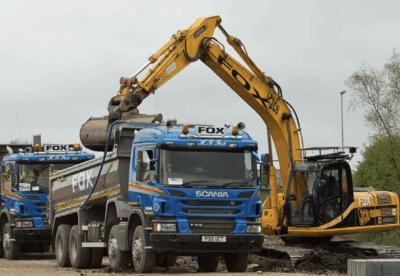






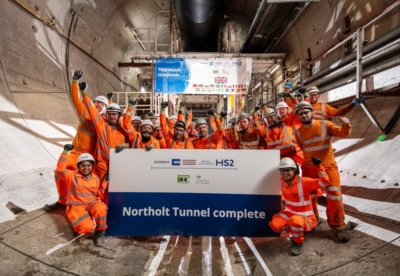

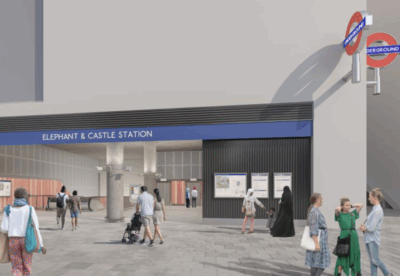

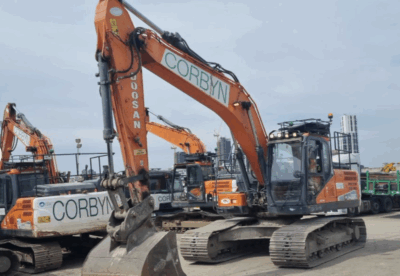




















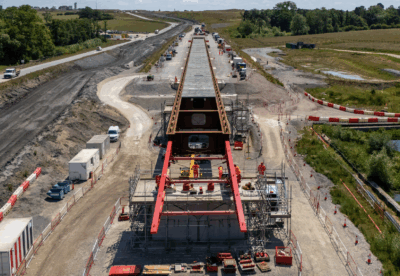





 (300 x 250 px) (2).png)








